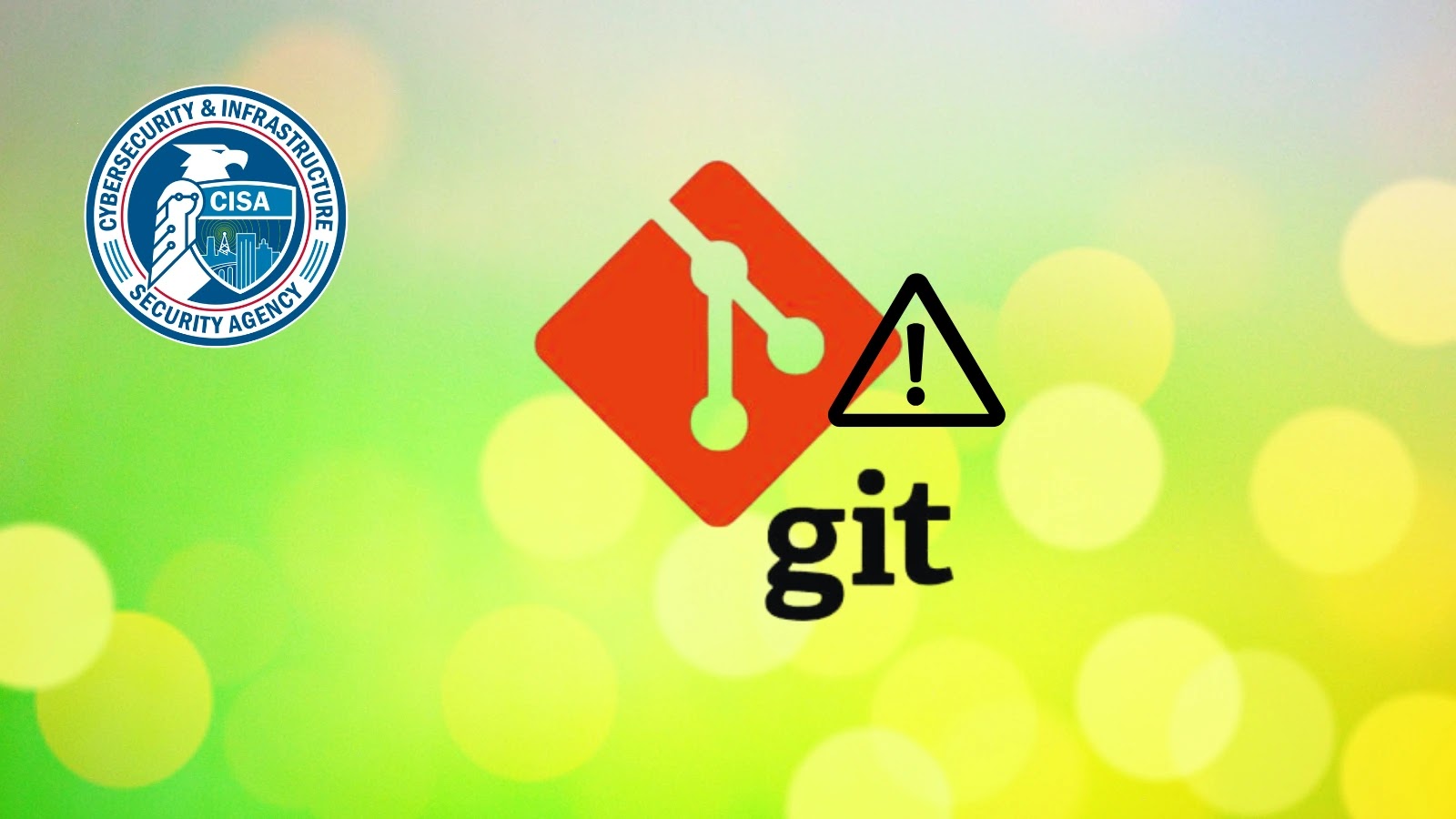In April 2023, cybersecurity researchers uncovered a critical zero-day vulnerability in WinRAR, a widely used file compression tool with over 500 million users globally. This flaw, identified as CVE-2023-38831, allowed attackers to execute arbitrary code on victims’ systems by disguising malicious scripts within seemingly benign files inside compressed archives. ([bleepingcomputer.com](https://www.bleepingcomputer.com/news/security/winrar-zero-day-exploited-since-april-to-hack-trading-accounts/?utm_source=openai))
Discovery and Exploitation
The vulnerability was first detected by Group-IB, a Singapore-based cybersecurity firm, which observed that cybercriminals had been exploiting this flaw since at least April 2023. Attackers crafted malicious RAR and ZIP archives containing files that appeared harmless, such as images (.jpg), text documents (.txt), or PDFs (.pdf). When users opened these files, the hidden scripts executed, installing malware on their devices. ([group-ib.com](https://www.group-ib.com/blog/cve-2023-38831-winrar-zero-day/?utm_source=openai))
Targeting the Trading Community
The primary targets of this campaign were individuals involved in cryptocurrency and stock trading. Attackers infiltrated online trading forums, posing as fellow traders sharing strategies and insights. They posted links to the malicious archives, enticing users with titles like Best Personal Strategy to Trade with Bitcoin. These deceptive tactics led to the infection of at least 130 traders’ devices, though the exact number of victims and the financial impact remain unknown. ([group-ib.com](https://www.group-ib.com/blog/cve-2023-38831-winrar-zero-day/?utm_source=openai))
Technical Details of the Exploit
The exploitation process involved creating specially crafted archives with a modified structure. Within these archives, attackers included both a decoy file (e.g., an image) and a malicious script. When the user attempted to open the decoy file, the vulnerability caused the script to execute instead, leading to malware installation. This method effectively bypassed user suspicion, as the decoy file would still open, masking the malicious activity. ([group-ib.com](https://www.group-ib.com/blog/cve-2023-38831-winrar-zero-day/?utm_source=openai))
Malware Deployed
The malware delivered through this exploit included several strains:
– DarkMe: A Visual Basic trojan associated with the financially motivated EvilNum group, known for targeting financial institutions and traders. ([bleepingcomputer.com](https://www.bleepingcomputer.com/news/security/winrar-zero-day-exploited-since-april-to-hack-trading-accounts/?utm_source=openai))
– GuLoader: A downloader used to deliver various payloads, including remote access trojans (RATs) and information stealers.
– Remcos RAT: A remote access tool that provides attackers with extensive control over infected systems, enabling activities such as keylogging, screen capturing, and file management.
These malware strains granted attackers unauthorized access to victims’ systems, allowing them to steal sensitive information and potentially withdraw funds from brokerage accounts. ([group-ib.com](https://www.group-ib.com/blog/cve-2023-38831-winrar-zero-day/?utm_source=openai))
State-Sponsored Exploitation
Further investigations revealed that state-backed hacking groups from Russia and China also exploited this WinRAR vulnerability. Google’s Threat Analysis Group (TAG) identified groups such as Sandworm, APT28, and APT40 leveraging CVE-2023-38831 in their operations. These groups targeted various entities, including Ukrainian users and organizations in Papua New Guinea, deploying malware like Rhadamanthys infostealer and custom tools such as ISLANDSTAGER and BOXRAT. ([bleepingcomputer.com](https://www.bleepingcomputer.com/news/security/google-links-winrar-exploitation-to-russian-chinese-state-hackers/?utm_source=openai))
Patch and Mitigation
Upon discovery, Group-IB reported the vulnerability to RARLAB, the developers of WinRAR. A patch was released in WinRAR version 6.23 on August 2, 2023, addressing CVE-2023-38831 and other security issues. Users were strongly advised to update to this latest version to protect their systems from potential exploitation. ([group-ib.com](https://www.group-ib.com/blog/cve-2023-38831-winrar-zero-day/?utm_source=openai))
Recommendations for Users
To safeguard against such vulnerabilities, users should:
1. Update Software Regularly: Ensure that all software, especially widely used tools like WinRAR, are updated to their latest versions to benefit from security patches.
2. Exercise Caution with Untrusted Files: Avoid opening files from unknown or untrusted sources, particularly those received via email or downloaded from forums.
3. Implement Robust Security Measures: Utilize reputable antivirus and anti-malware solutions to detect and prevent malicious activities.
4. Educate and Train: Stay informed about common phishing tactics and educate others to recognize and avoid potential threats.
By adhering to these practices, users can significantly reduce the risk of falling victim to similar exploits in the future.



